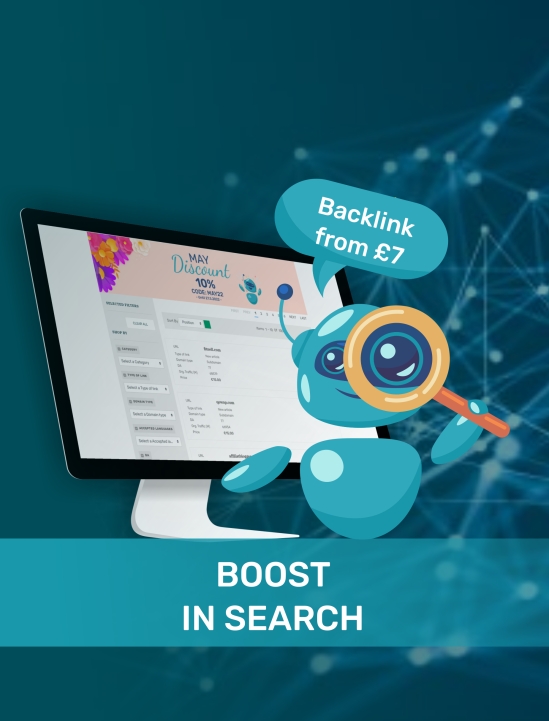In today's data-driven world, businesses are inundated with vast amounts of information. However, without the right tools and expertise to harness this data, its potential remains untapped. Enter the Microsoft Power Platform – a robust suite of tools that empowers organizations to analyze, automate, and act on their data effectively. Power Platform training is the key to unlocking the full potential of these transformative tools.
Why Power Platform Training?
-
Data-Driven Decision Making: Power Platform training enables individuals and teams to leverage data from various sources, including Excel, Dynamics 365, and external databases, to gain actionable insights and make informed decisions that drive business growth.
-
Process Automation: With Power Automate, formerly known as Microsoft Flow, organizations can streamline repetitive tasks and workflows, increasing efficiency and productivity. Training equips users with the skills to automate processes seamlessly, reducing manual effort and minimizing errors.
-
Custom App Development: Power Apps empowers users to build custom business applications without the need for extensive coding knowledge. Training provides hands-on experience with app creation, customization, and deployment, empowering organizations to address unique business challenges effectively.
-
Analytics and Visualization: Power BI offers powerful analytics and visualization capabilities, allowing organizations to transform complex data into compelling visuals and interactive reports. Training enables users to unlock the full potential of Power BI, from data modeling and dashboard creation to advanced analytics and AI integration.
Key Components of Power Platform Training
-
Comprehensive Curriculum: A comprehensive Power Platform training program covers all components of the platform, including Power BI, Power Apps, Power Automate, and Power Virtual Agents, ensuring participants gain a holistic understanding of its capabilities.
-
Hands-On Learning: Practical exercises and real-world scenarios provide participants with opportunities to apply theoretical concepts and develop practical skills, ensuring effective knowledge transfer and retention.
-
Certification Preparation: Many Power Platform training programs include preparation for Microsoft certification exams, validating participants' proficiency and expertise in using Power Platform tools.
-
Expert Instruction: Experienced instructors offer guidance, support, and best practices throughout the training process, ensuring participants have the knowledge and skills needed to succeed in their Power Platform endeavors.
Choosing the Right Power Platform Training Provider
When selecting a Power Platform training provider, consider the following factors:
- Reputation and Expertise: Choose a provider with a proven track record of delivering high-quality training and achieving measurable results for their clients.
- Customization Options: Look for training programs that can be tailored to meet your organization's specific needs, objectives, and skill levels.
- Delivery Methods: Consider the delivery methods offered, such as online courses, instructor-led workshops, and on-site training sessions, to find the option that best suits your team's preferences and schedule.
- Post-Training Support: Confirm whether the provider offers post-training support, resources, and follow-up sessions to ensure ongoing success and adoption of Power Platform tools within your organization.
Conclusion
Power Platform training is a catalyst for digital empowerment, enabling organizations to harness the full potential of their data and drive meaningful business outcomes. By investing in Power Platform training, organizations can empower their teams to analyze data effectively, automate processes efficiently, and innovate with custom applications, ultimately gaining a competitive edge in today's data-driven marketplace. Unlock the power of your data with Power Platform training and embark on a journey of digital transformation and growth.


